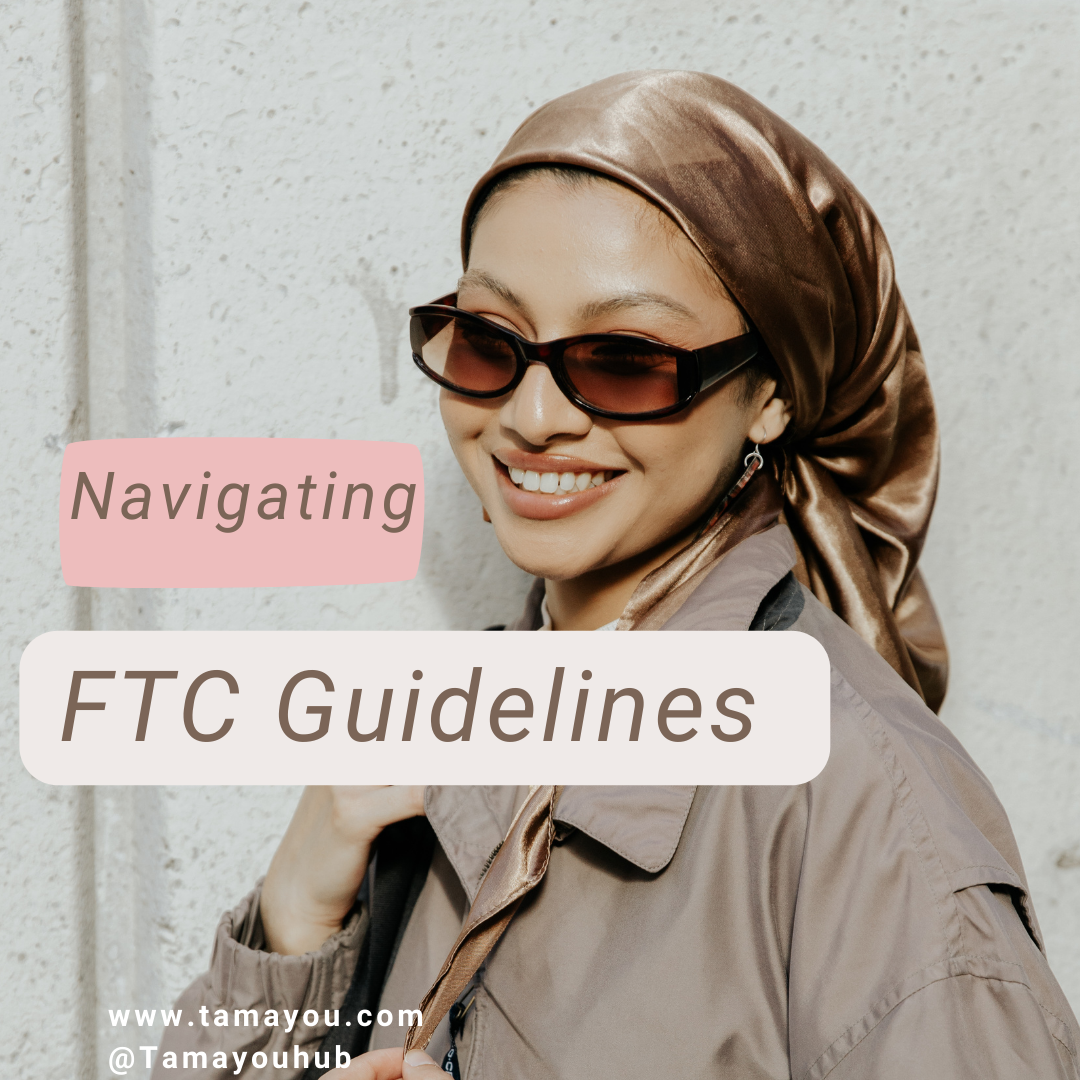Disclosure and Ethics in Influencer Marketing
First and foremost, it’s really important to understand just how crucial disclosure is in influencer marketing. When you, as an influencer, are promoting a product or service, it’s very important that your followers know about any financial or material connection you have with the brand. The Federal Trade Commission (FTC) actually requires influencers like us to disclose our partnerships to keep things transparent and make sure consumers aren’t being misled by sneaky advertising tactics. It is important to take these guidelines seriously, as failure to comply can result in significant consequences such as substantial fines and significant damage to your reputation. Let’s prioritize staying in line with the FTC requirements to ensure a successful and smooth influencer journey.
Understanding FTC Guidelines
Furthermore, understanding the FTC guidelines is essential to ensure compliance and ethical practices in influencer marketing. The FTC mandates that disclosures must be clear, conspicuous, and easily noticeable by consumers. This means that disclosures should be placed where users can see them without having to click for more information, such as within the caption or directly on the image itself. Additionally, using ambiguous terms like “Thanks” or “SP” (sponsored post) is inadequate, as they do not explicitly disclose the nature of the relationship between the influencer and the brand.
Navigating FTC Guidelines Effectively
Additionally, to navigate FTC guidelines effectively, influencers should consider the following best practices. First, make disclosures noticeable by using clear language such as “Ad,” “Sponsored,” or “Paid partnership” at the beginning of the post. These terms leave no room for ambiguity and provide transparency to the audience. Second, use appropriate disclosure methods across different platforms. For instance, on Instagram, consider utilizing the built-in disclosure features like the “Paid partnership” tag. Lastly, avoid burying disclosures within a sea of hashtags or at the end of long captions, as this can lead to confusion or oversight by followers.
Maintaining a Trustworthy Online Presence
Moreover, maintaining a trustworthy online presence goes beyond mere compliance with FTC guidelines. Influencers must build credibility and authenticity with their audience by being transparent and genuine. Disclosing partnerships not only fosters trust but also enhances the influencer’s reputation. Additionally, influencers should consider partnering with brands that align with their personal values and resonate with their audience. By doing so, they can maintain their integrity and establish long-lasting relationships with their followers.
Finally, understanding and adhering to FTC guidelines are essential for influencers and brands involved in influencer marketing. By prioritizing disclosure and ethical practices, influencers can build trust with their audience and maintain a credible online presence. Navigating these guidelines effectively involves using clear and conspicuous disclosures, employing appropriate methods across different platforms, and going beyond compliance to establish authenticity and credibility. Remember, transparency and ethical conduct are the foundations of successful influencer marketing in today’s digital landscape.
Harness the power of influencer marketing and watch your business soar. Boost your brand’s visibility, engage with your target audience, and drive conversions like never before. Join the ranks of successful brands who have partnered with TAMA and experience the impact of authentic influencer collaborations. Don’t miss out on this opportunity to elevate your brand’s presence. Contact us today and let TAMA take your brand to the next level.




